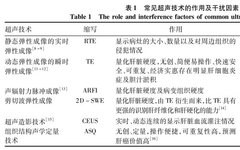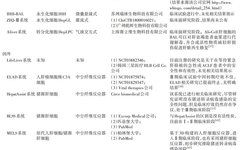Assessment Methods for Liver Reserve Function Before Hepatectomy
The liver is one of the most important organs for maintaining life activities in the human body, being the largest digestive gland and the organ with the most active metabolism. It undertakes extremely important and complex functions, such as: synthesis and storage, bile secretion, detoxification, defense, and hematopoietic functions. The liver reserve function is an … Read more



